And with that, the investigation is finished. I have been covering mine closure and abandonment in South Africa for much of the past two years, and it's now time to find the next thread to pull. Before that, a few closing thoughts...
I must of course give massive thanks to the Fund for Investigative Journalism, the Pulitzer Center on Crisis Reporting and the Fund for Environmental Journalism who all gave generously to make my reporting possible. My work would not have found success if not for the constant support and guidance (not to mention the office and endless supply of coffee) from the amazing staff at the Centre for Sustainability in Mining and Industry. Additionally, thank you to everyone at Independent Media who gave me a second home at 47 Sauer. And to all my sources who trusted me, invited me into your homes, shared your stories, I am beyond grateful.
Final thoughts below, but first, here is the batch of stories I produced in the last third of the project:
Climate Home
http://www.climatechangenews.com/2017/03/22/unfinished-business-coal-miners-south-africa-walk-away-clean/
Unfinished business: Coal miners across South Africa walk away from clean up
Roads & Kingdoms
http://roadsandkingdoms.com/2017/rebellion-in-pondoland/
The Pondoland Rebellion
The Star
http://www.iol.co.za/news/south-africa/gauteng/days-of-coal-mines-are-numbered-as-eskom-shifts-focus-8378695
Days of coal mines are numbered as Eskom shifts focus
http://www.iol.co.za/news/south-africa/north-west/a-trilogy-of-corruption-is-tearing-a-community-apart-8507543
A 'trilogy of corruption' is tearing a community apart
http://www.iol.co.za/news/south-africa/gauteng/the-dust-mountain-thats-just-always-there-9180268
The dust mountain that's just always there
http://www.iol.co.za/the-star/anglogold-pause-plans-for-mine-in-colombia-9601431
AngloGold pause plans for mine in Colombia
Saturday Star
A minefield of hope....and violence
Oxpeckers
http://oxpeckers.org/2017/04/coal-mines-legacy/
Coal mines leave a legacy of ruin
*republished in the Mail & Guardian and Fin24
http://oxpeckers.org/2017/05/r60-billion-held-mines-never-closed/
R60-billion held for mines that are never closed
*republished in Fin24
http://oxpeckers.org/2017/05/future-without-coal/
South Africa's future without coal
http://oxpeckers.org/2017/06/no-mining-at-mabola/
No mining at Mabola for 'the foreseeable future'
*republished in Fin24
To hopefully lead to other reporters and researchers continuing this work, I made all the records I obtained from South Africa's Department of Mineral Resources public. My previous blog post (here: www.markolalde.com/south-africa/paia-day-transparencys-a-beautiful-thing) explains what documents are there and how to access them.
And finally, many thanks to all of you who came along for this investigation through your reads, comments, critiques and interest! Keep supporting journalism, and it will support you.
Sharp sharp!
Mark
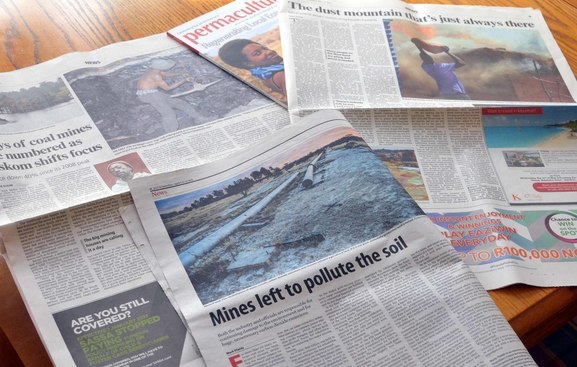
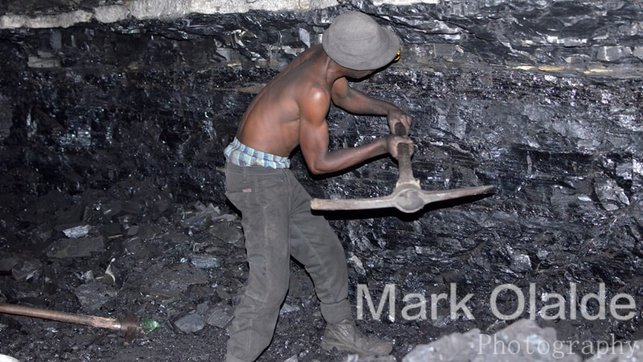
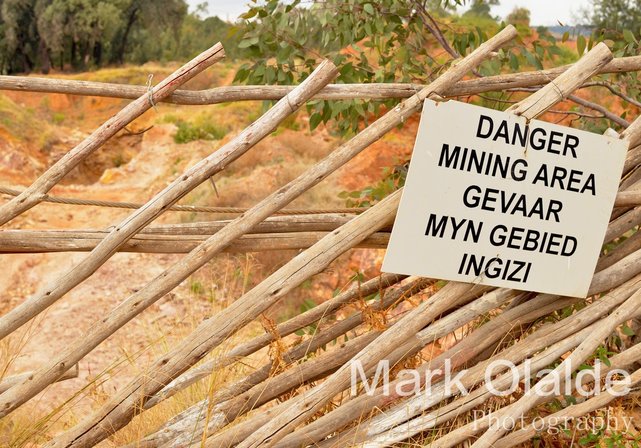
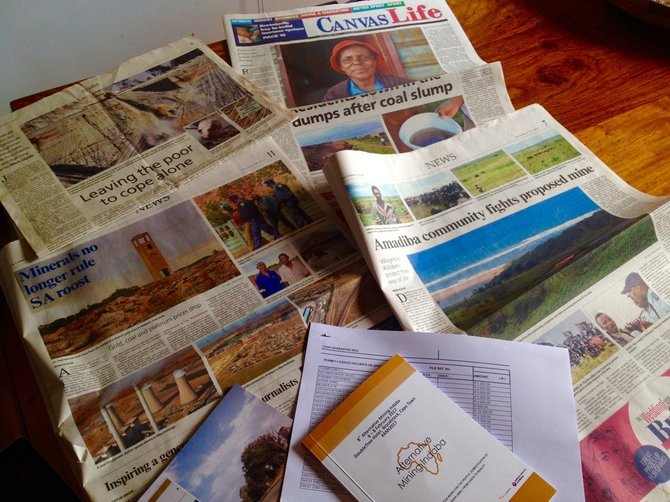
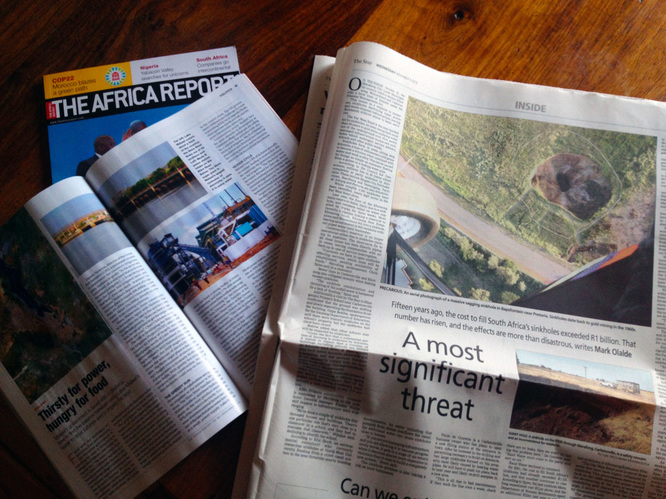
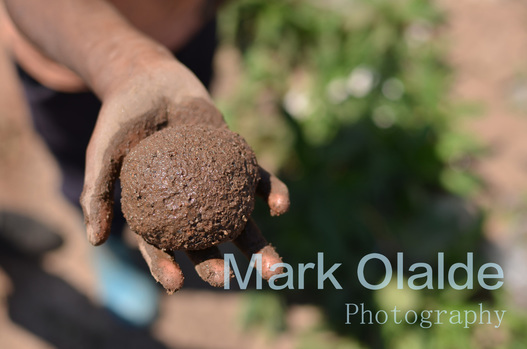
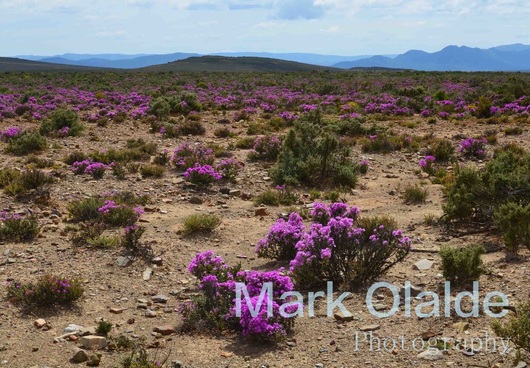
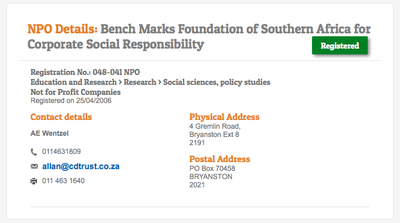
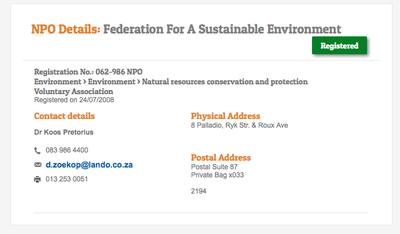
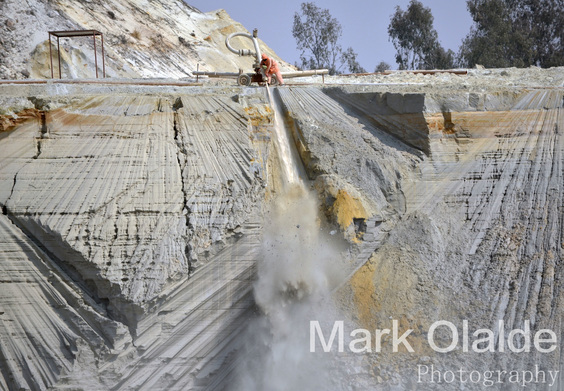
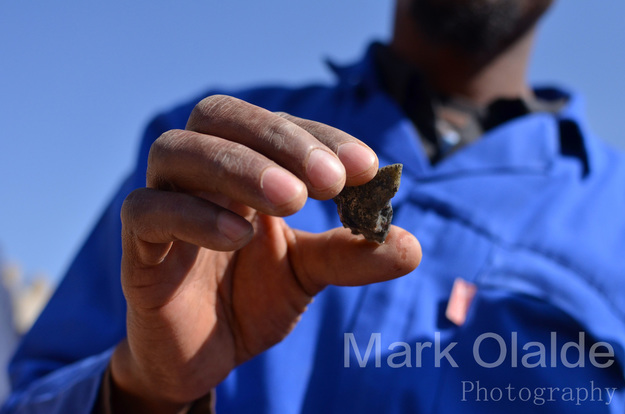
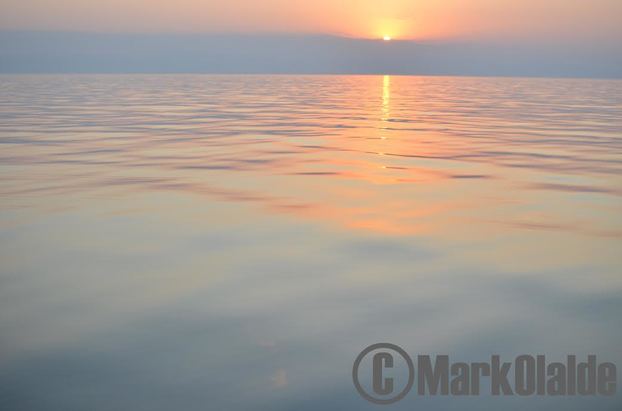
 RSS Feed
RSS Feed
